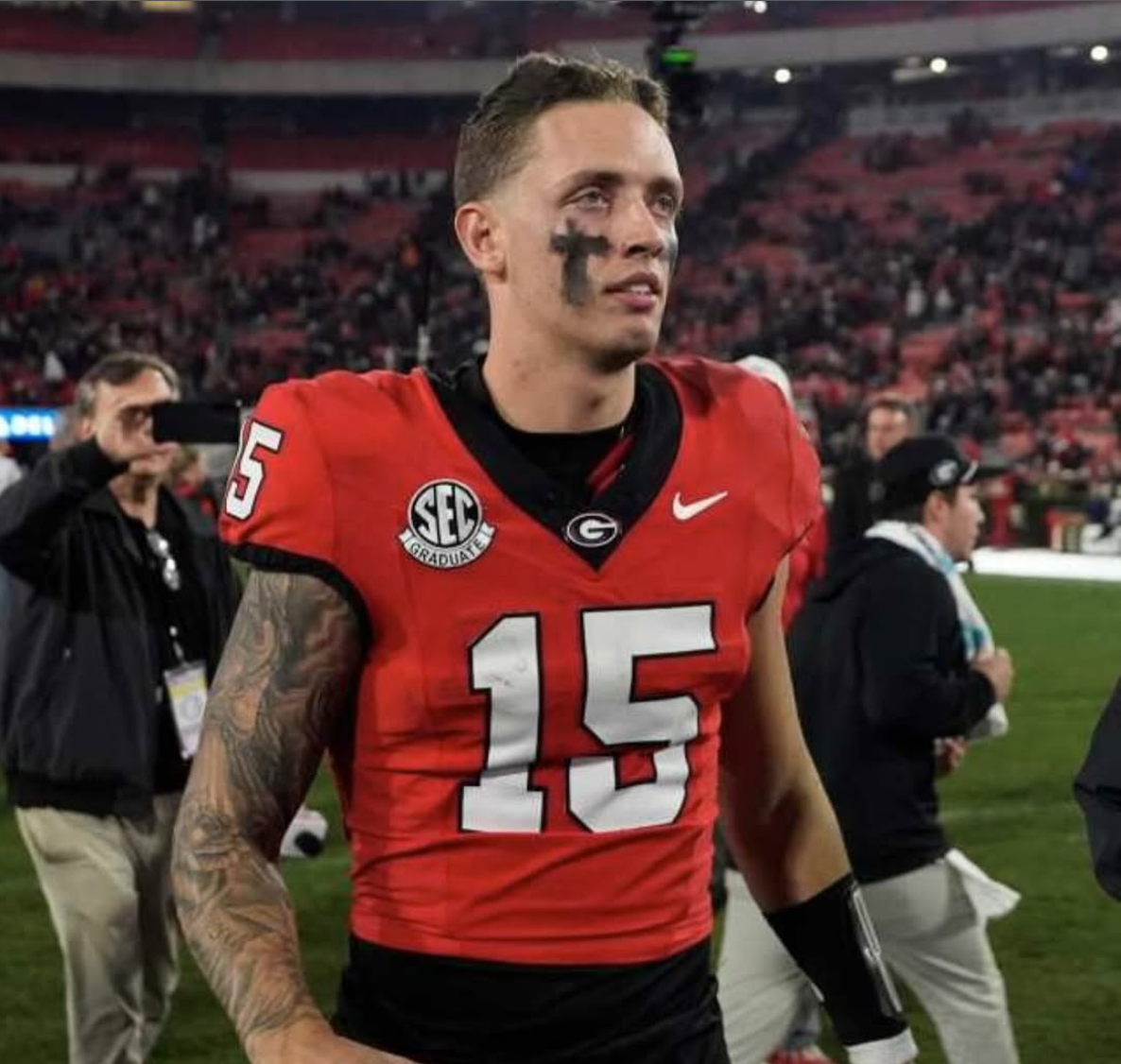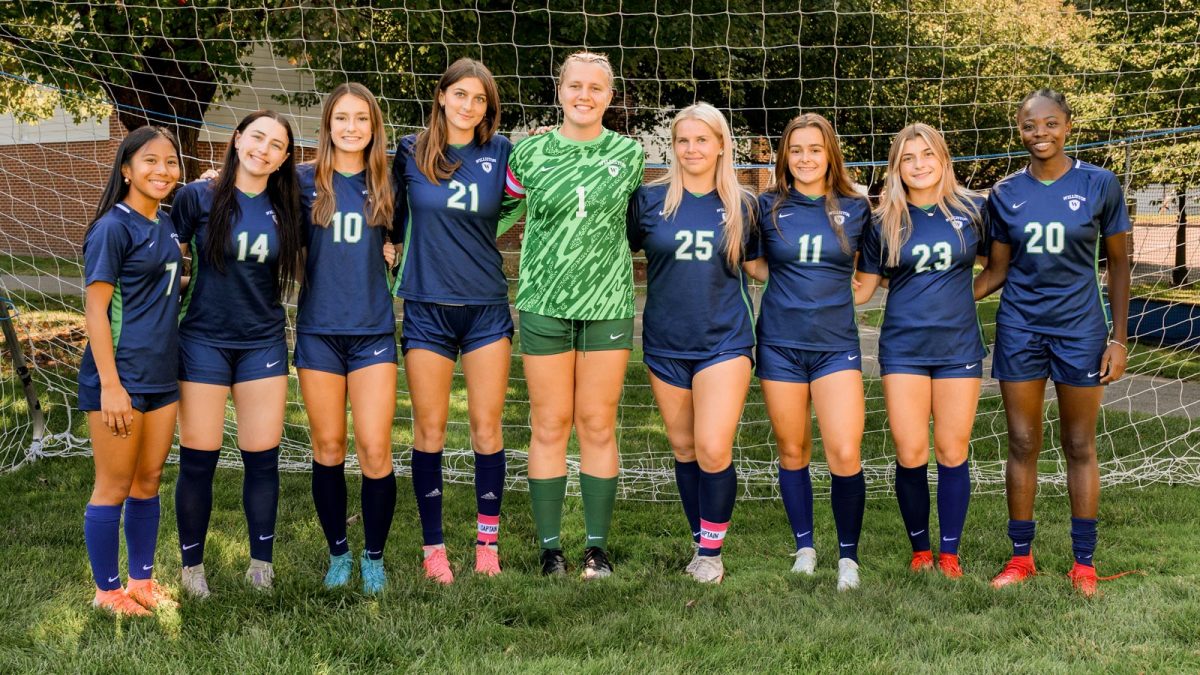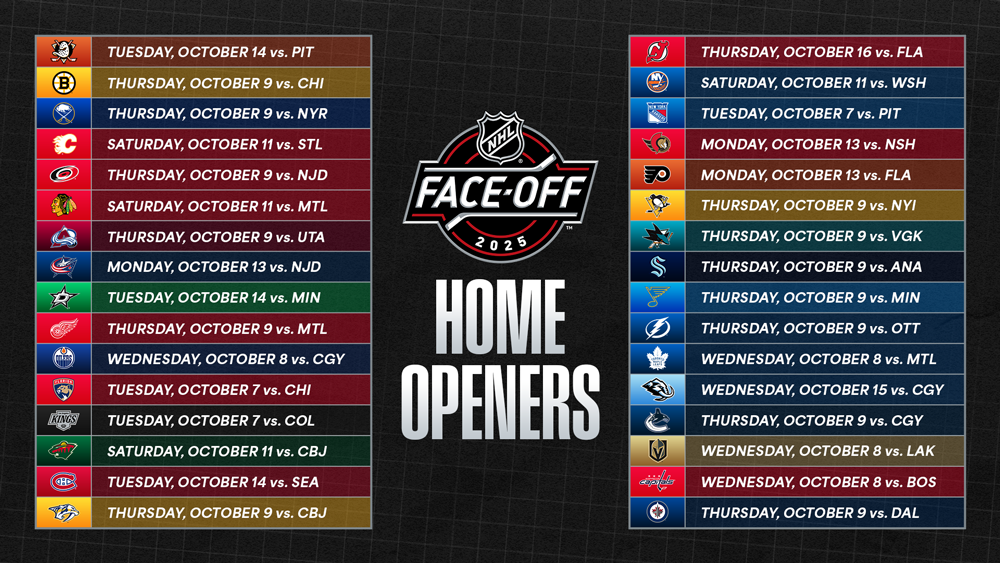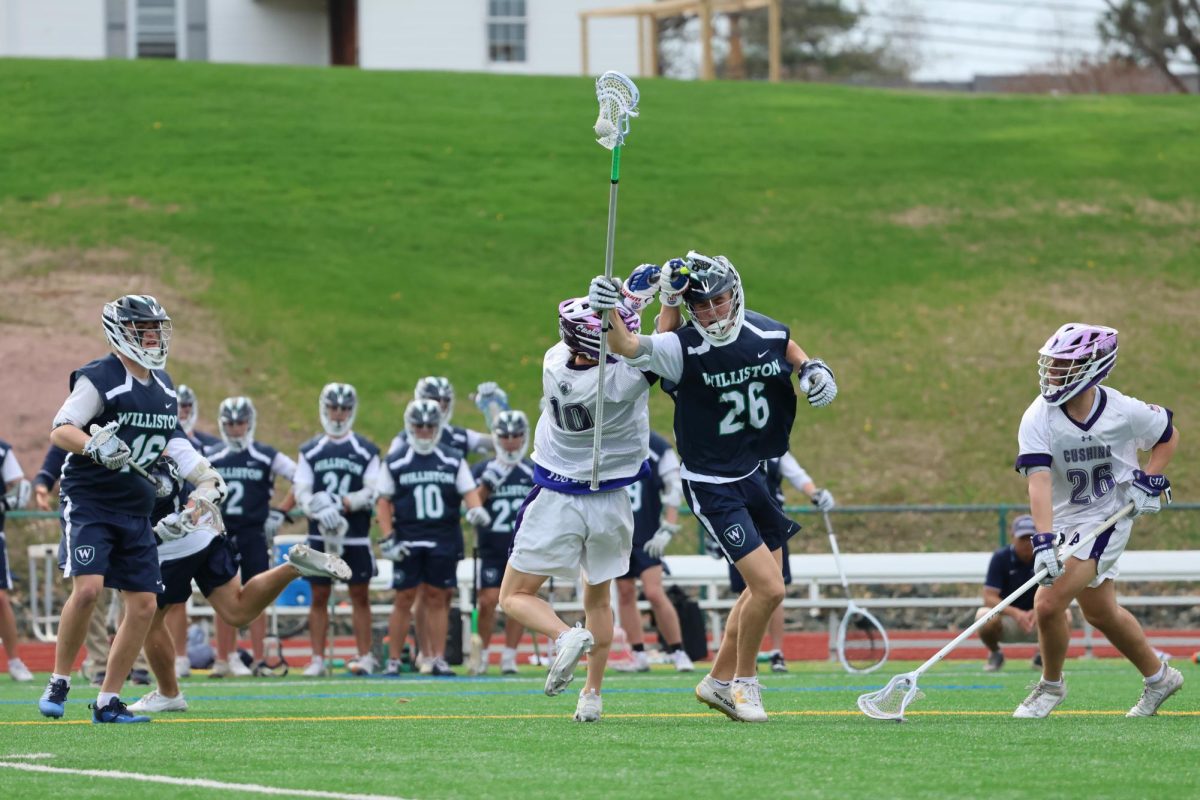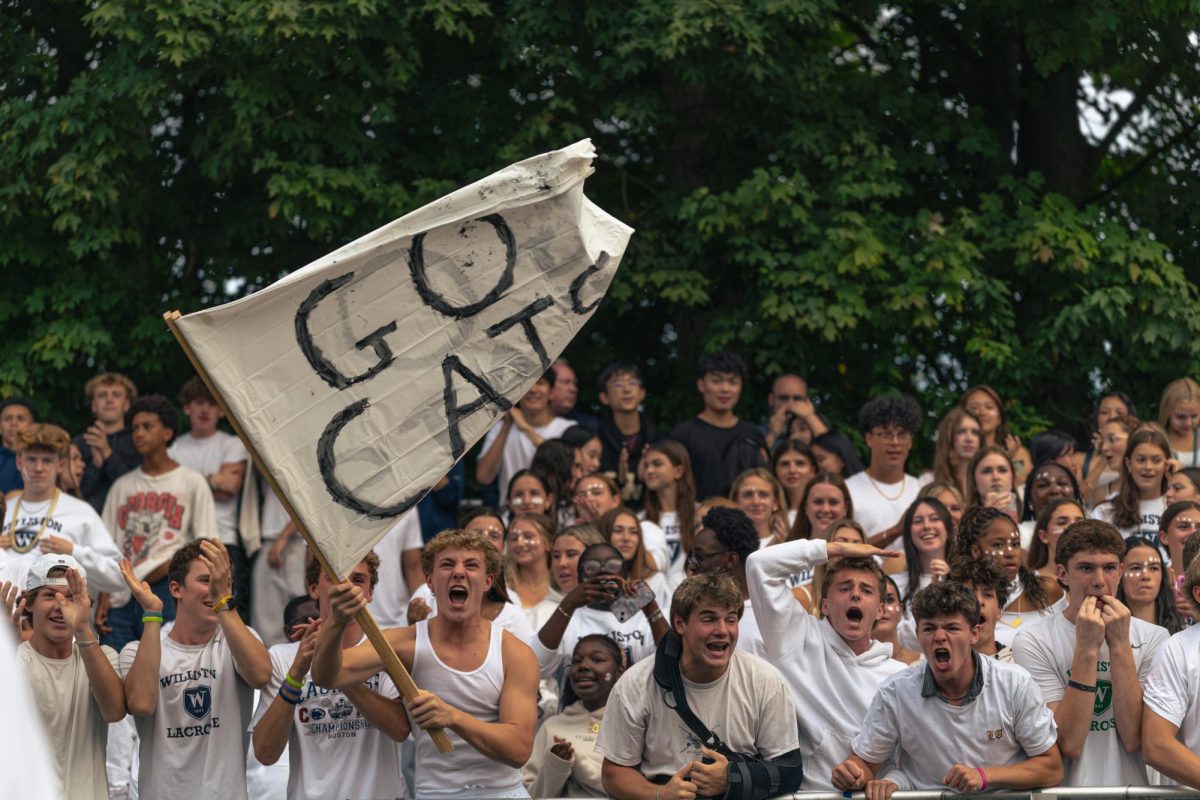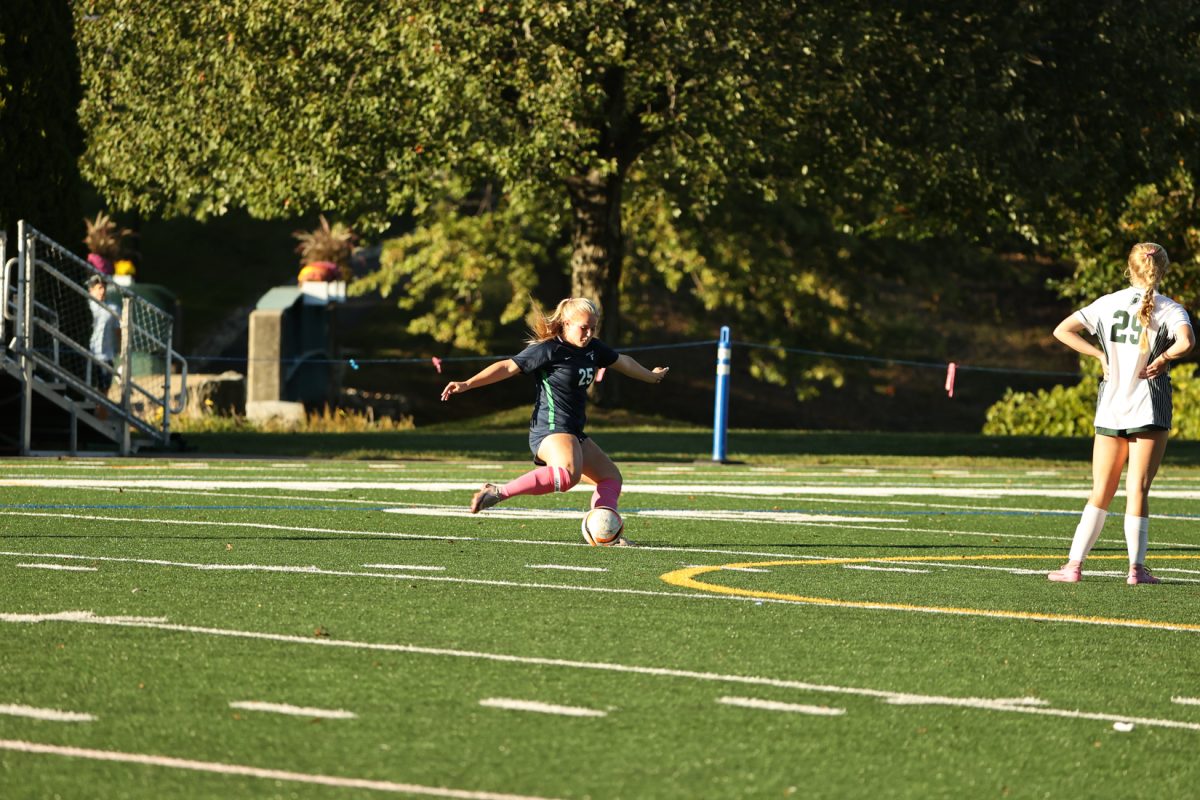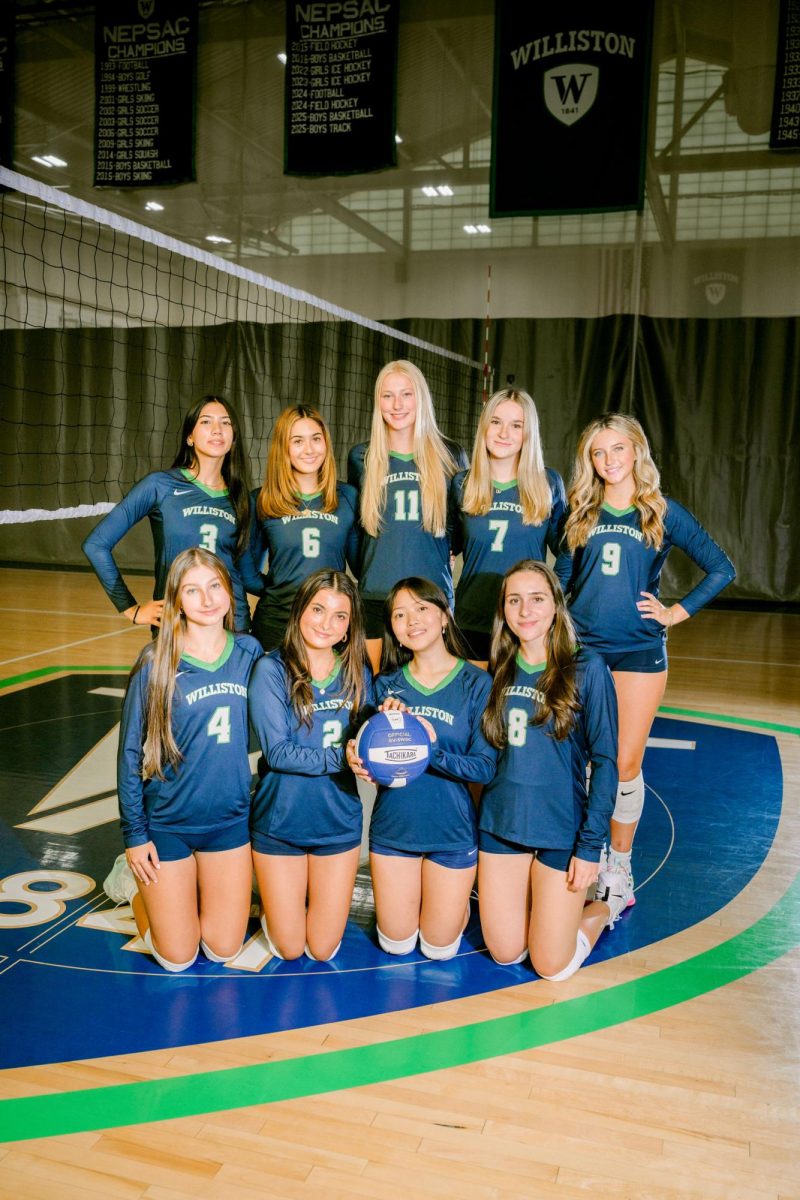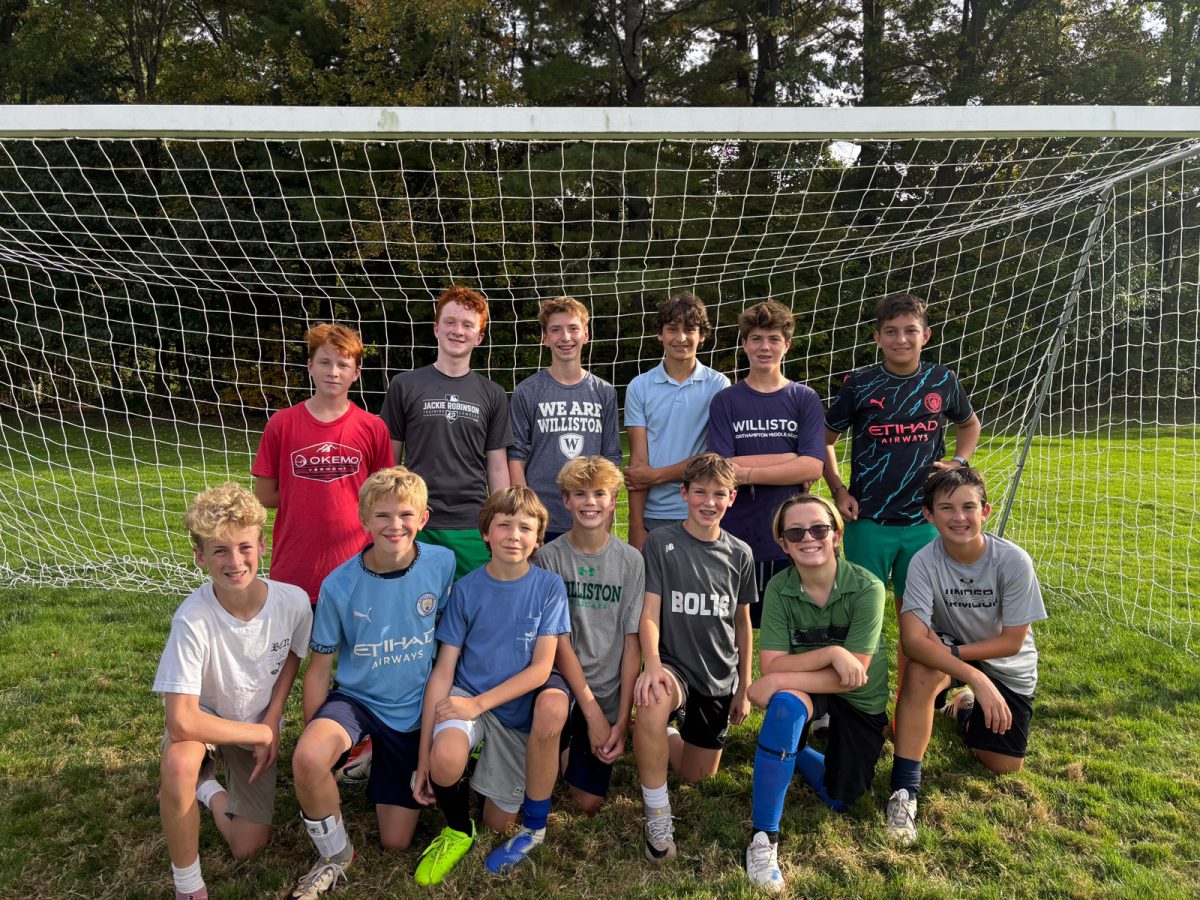$10 million and stay in college, or less than $1 million and declare for the draft?
These are the very real questions that have transformed college football in recent years. Quarterbacks, as the faces of their programs, are at the forefront of this change, making decisions that go beyond the football field. The allure of multimillion-dollar NIL deals adds additional options as to where athletes want to play and how long they stay in college.
Quarterback Carson Beck recently announced his transfer from Georgia to the University of Miami, where he is set to earn $4.4 million in NIL money next season, according to reports. This figure surpasses the 2025 contract value of Denver Broncos quarterback Bo Nix, a former Oregon and Auburn standout. Nix is projected to earn $4.2 million from his contract. Beck’s decision highlights the growing influence of NIL in recruiting and raises questions about how financial incentives impact players’ decisions.
Now his agents at ESM tell Front Office Sports Beck has secured close to $10 million in combined NIL deals in the past 12 months from a combination of his brand deals and money from the Miami NIL collective Canes Connection.
“With the expertise of ESM and the unwavering support of Carson’s longtime quarterback coach Denny Thompson, we have secured nearly eight figures in agreements over the past 12 months,” Dan Everett, a partner at ESM, tells FOS. “Carson’s partnerships with leading brands demonstrate his ability to connect with premium and national audiences.”
Beck’s brand partners include Beats by Dre, Powerade, Chipotle, and Airstar Charter.
Jack Wilson a junior from San Francisco, California, sees NIL deals as a life changing opportunity for college athletes.
“Seeing guys like Carson Beck make close to $10 million in NIL deals while staying in college is incredible. It’s not just about playing for the love of the game anymore, it’s about setting yourself up for life. If I had those kinds of opportunities, I’d definitely have to think twice about leaving for the draft.”
Beck’s story is not unique. The now former Texas quarterback Quinn Ewers, who declared for the NFL Draft this year, turned down an $8 million NIL offer to transfer to another school to play his final season of NCAA eligibility, 247Sports reported on January 16. The report did not name which school made the offer. While Ewers chose the professional route, his situation illustrates the staggering amounts some schools are willing to pay for top talent.
NIL deals allow athletes to capitalize on their personal brands, often making more money in college than they might as NFL rookies. This dynamic shifts how players weigh their options. For quarterbacks, the decision to transfer, stay, or go pro now involves evaluating the potential for immediate financial gain, the opportunity to develop as a player, and the long-term benefits of remaining in school.
Beck’s transfer comes after he suffered an elbow injury in Georgia’s SEC Championship loss last season, leaving his NFL Draft stock uncertain. By joining Miami, he’s betting on his recovery and a chance to shine in a system that produced another star quarterback, Cam Ward. Ward’s success at Miami, throwing for 39 touchdowns to only seven interceptions, and a 10-3 record, likely influenced Beck’s decision.
These financial incentives are a double-edged sword. On one hand, NIL deals provide athletes with financial stability and reward their contributions to college sports. On the other, they can lead to situations where the focus shifts from athletic and academic development to monetary gain.
For programs, securing top talent often means participating in a high-stakes bidding war. Miami’s investment in Beck reflects its commitment to competing at the highest level, but such spending could raise questions about fairness and sustainability in college sports. Smaller programs without the resources to compete in the NIL market may struggle to retain talent or attract top recruits.
As NIL salary caps grow, being a college athlete is redefined. For quarterbacks like Beck and Ewers, the decision-making process now includes analyzing financial projections, team fit and professional aspirations. While the NIL era has its issues, it gives athletes more control and flexibilities in ways that were unimaginable just a few years ago.
Dean Ruksnaitis, a junior offensive lineman from Worcester, Massachusetts, expresses his opinion on the disparities NIL creates between positions and its impact on the sport.
“NIL has completely changed the way we think about college football. It’s a game-changer, especially for quarterbacks. But for guys in other positions, like offensive linemen, the deals aren’t nearly as big. It makes you wonder how fair it really is and what it means for the future of the sport.”



